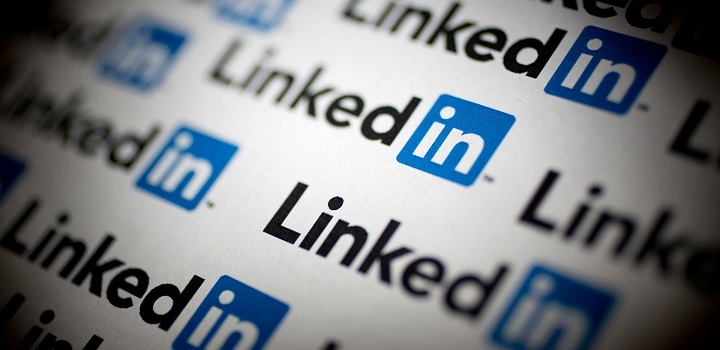“Important information about your LinkedIn account“- The subject line of the email sent by LinkedIn to its members is quite alarming. For the past few days, the professional social network has been communicating with its users about a hacker attack it was the target of.
The case dates back to 2012, when personal data of its members (password, ID, and email address) is stolen from LinkedIn. The story could have been forgotten, but it finally resurfaced in the last few days when the social network found that 167 million emails and passwords were leaked on the internet.
LinkedIn: general password reset after hacking
All users who created their account before 2012 are therefore invited to reset their pass words to avoid having their accounts terminated.
LinkedIn has already begun to invalidate all passwords linked to accounts that are likely victims of this large-scale hack.
Microsoft strengthens its account security
In the wake of this, Microsoft has responded by making its criteria for a password to be considered valid for registration or reset more complex. All passwords considered too basic or common will no longer be associated with a Microsoft or Azure Active Directory account.
To do this, Microsoft is developing a list of passwords to be banned, updated dynamically. The “abc123”, “iloveyou” and other “passw0rld1”, widely adopted in the world, should therefore no longer be used.
In addition, a geolocation system will allow Microsoft to detect connections from dubious IP addresses or unexpected countries and thus abort suspicious connection attempts.
And since you can never be too careful, Microsoft has also published a small guide of recommendations to secure your account.
